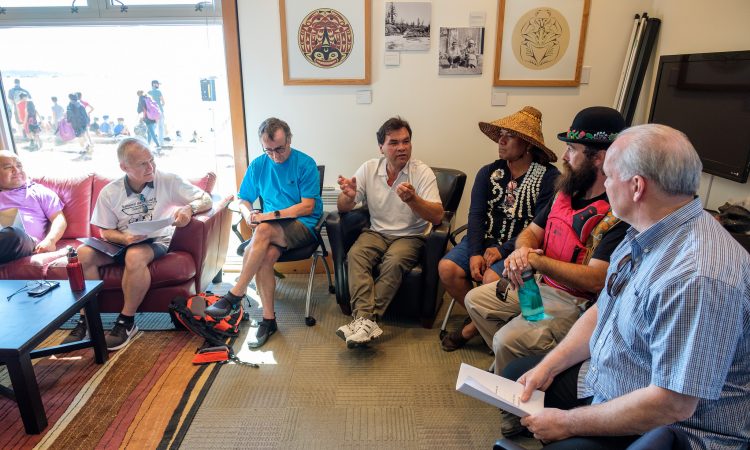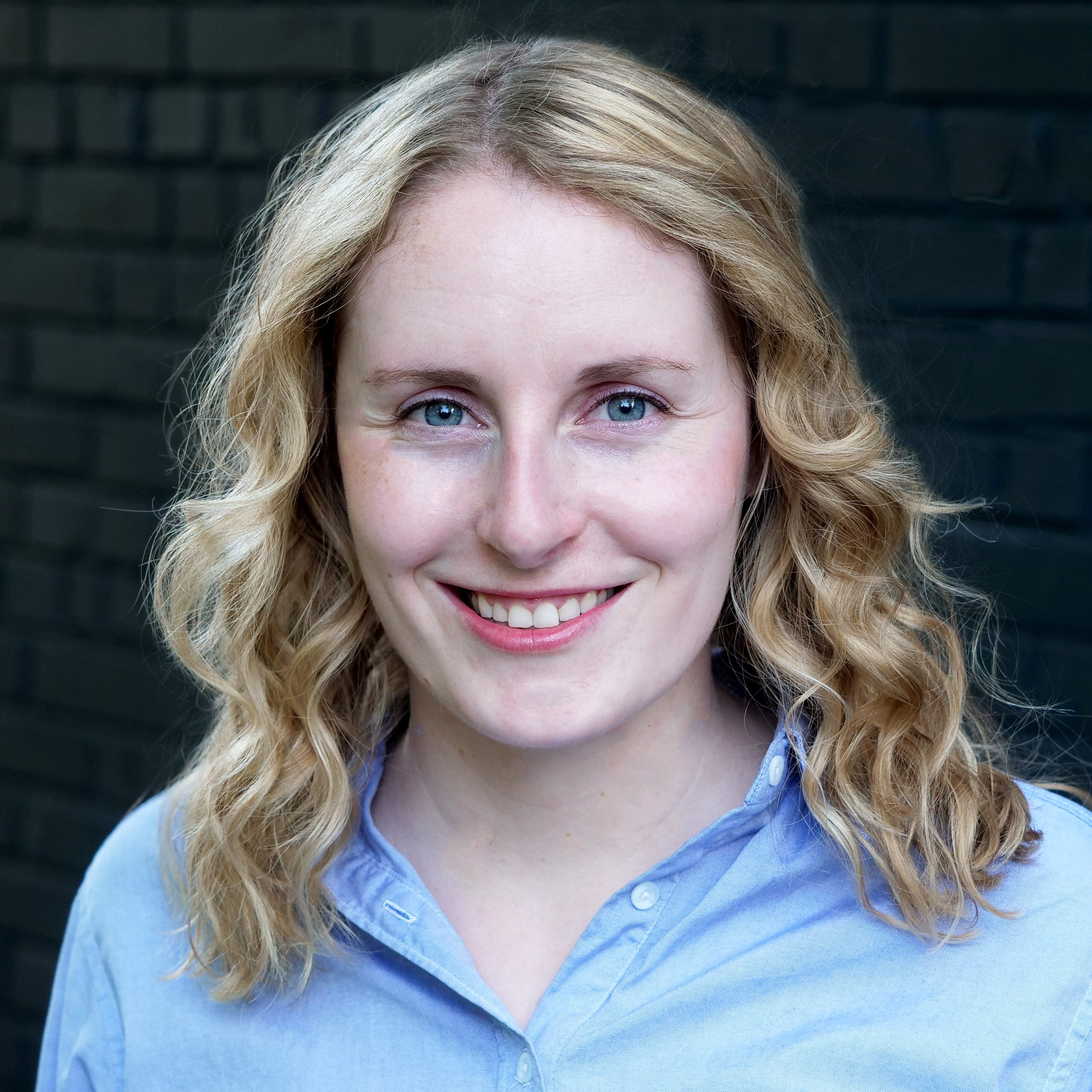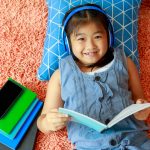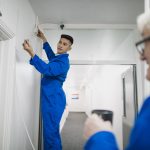It is the responsibility of every Canadian and every organization to work toward reconciliation. This year marks the 10th anniversary of the Truth and Reconciliation Commission’s Final Report, a reminder of both the progress made and the work that remains. To move toward a more equitable future, it is imperative to understand the past and present injustices committed against Indigenous peoples and what must change.
Reconciliation is not a trend, a box to check,or a single gesture; it is a complex and continuous process. Self-education is one place individuals – including those working in the career development profession –can begin. The following resources represent just a few of the many online tools available to support this journey.
The National Indian Residential School Crisis Line provides 24-hour crisis support to former Indian Residential School students and their families: 1-866-925-4419.
Educational resources
4 Seasons of Reconciliation
4 Seasons of Reconciliation is a series of bilingual online courses that promote a renewed relationship between Indigenous Peoples and Canadians, through transformative and engaging learning. This educational initiative assists individuals, businesses, and secondary and post-secondary educators through self-paced online courses featuring award-winning films, slideshows, videos, quizzes and a completion certificate.
Bring reconciliation into the classroom (First Nations Child & Family Caring Society)
A resource page from the Caring Society, which supports educators and schools across Canada in nurturing citizenship, agency and self-confidence by providing opportunities for students to take part in activities that foster reconciliation and culturally based equity for Indigenous children and youth.
Indigenous Canada (University of Alberta)
Indigenous Canada is a Massive Open Online Course (MOOC) from the University of Alberta’s Faculty of Native Studies that explores Indigenous histories and contemporary issues in Canada. This course – which anyone can take free or choose to pay a fee to receive a certificate – explores key issues facing Indigenous peoples today from a historical and critical perspective.
Indian Residential Schools and Reconciliation Resources (First Nations Education Steering Committee)
The Indian Residential Schools and Reconciliation Teacher Resource Guides for Grades 5, 10 and 11/12 aim to will help students of all cultural backgrounds gain an understanding of the history of the relationship between Indigenous and non-Indigenous people over Canada’s history, with a focus on the B.C. experience. The materials are also designed to engage young people to take part in the journey of reconciliation.
It’s Our Time: The AFN Education Toolkit
This toolkit aims to bring together First Nations and non-First Nations people and foster a spirit of co-operation, understanding and action. It features a series of learning modules accessible through a browser or Apple Books. Module topics include Residential Schools and First Nations Holistic Lifelong Learning Model.
Reports and foundational documents
Reclaiming Power and Place: The Final Report of the National Inquiry into Missing and Murdered Indigenous Women and Girls
The National Inquiry investigated and reported on the systemic causes of all forms of violence against Indigenous women and girls, including sexual violence. It examined underlying social, economic, cultural, institutional, and historical causes that contribute to the ongoing violence and particular vulnerabilities of Indigenous women and girls in Canada.
The Soul Wounds of the Anishinabek People
At the heart of the Indian Residential School system was the intent to “kill the Indian in the child” (Campbell Scott, 1920) by attacking Anishinabek culture, language and practices and replacing it with Euro-Canadian languages and practices. This booklet shares information about “The Psychological and Intergenerational Impacts of The Indian Residential School.”
TRC Report
The Truth and Reconciliation Commission of Canada’s Final Report (2015) is essential reading. Drawing on six years of testimony from witnesses, it explains the history of Canada’s residential school system and the legacy left behind and offers calls to action for reconciliation. You can also find the report read out loud on YouTube, through the #ReadtheTRCReport initiative.
Media & Storytelling
First Contact (APTN) [TV series]
First Contact takes six Canadians, all with stereotypical opinions about Indigenous People, on a unique 28-day exploration of Indigenous Canada. It is a journey that will turn their lives upside down, challenging their perceptions and confronting their prejudices about a world they never imagined.
Wawahte [Documentary]
This documentary shares the stories of three residential school survivors named Esther, Bunnie and Stanley. Rather than relying on anger or blame, the film uses a calm, poignant tone that invites viewers to listen and learn about this tragic historical event.
Warrior Life [Podcast]
An Indigenous podcast about warrior life – a lifestyle that focuses on decolonizing Indigenous peoples’ minds, bodies and spirits while at the same time revitalizing their cultures, traditions, laws and governing practices. Recent episodes feature deep, meaningful conversations with Indigenous leaders, artists, educators, and legal advocates. Topics range from governance and artistic expression to legal identities and cultural resilience.
What is Reconciliation?
Senator Murray Sinclair, who was Chief Commissioner of the Truth and Reconciliation Commission, gives an overview of what reconciliation is and why it is important in this short video.
Interactive tools
Beyond 94: Truth and Reconciliation in Canada (CBC)
This interactive website allows students to track outcomes on the TRC Calls to Action, learn more about the residential school(s) that operated near their communities (explore the interactive map) and discover concrete examples of how Indigenous and non-Indigenous Canadians can work together. The project is a living resource as new documentaries, residential school survivor stories, ideas and community-based action around reconciliation are added.
Whose Land
Whose Land is an app that uses GIS technology to assist users in identifying Indigenous Nations, territories and Indigenous communities across Canada. The app can be used for learning about the territory your home or business is situated on, finding information for a land acknowledgement, and learning about the treaties and agreements signed across Canada.
Workshops & Community Initiatives
KAIROS Blanket Exercise
The KAIROS Blanket Exercise (KBE) is an experiential teaching tool that explores the historic and contemporary relationship between Indigenous and non-Indigenous peoples in the land we now know as Canada. This interactive experience is offered virtually and in person.
Returning to Spirit
This non-profit organization has delivered experiential reconciliation workshops since 2001. Their signature approach involves a two-part model: one workshop for Indigenous participants, another for non-Indigenous participants, culminating in a joint reconciliation session. This structure encourages deep listening, mutual understanding and healing across cultural divides.
Additional reading/viewing
- 10th Anniversary of the TRC Final Reports (Gord Downie & Chanie Wenjack Fund) [Post]
- 10 years since Truth and Reconciliation Commission released calls to action over residential schools (CBC) [Video]
- How Far Has Canada Come on Reconciliation? (The Agenda) [Video]
- Ten years after the Truth and Reconciliation Commission, Canada is moving backwards (Ricochet) [Article]
- True reconciliation requires meaningful action, not just symbolic gestures (Canadian Labour Congress) [Resources]
- What is the Truth about Reconciliation? 2024 Year-End review: Indigenous Watchdog (Indigenous Watchdog) [Article]









[…] 6 resources to help you understand and advance reconciliation – CareerWise (article) […]
[…] 16 resources to help settlers understand and advance Indigenous reconciliation […]